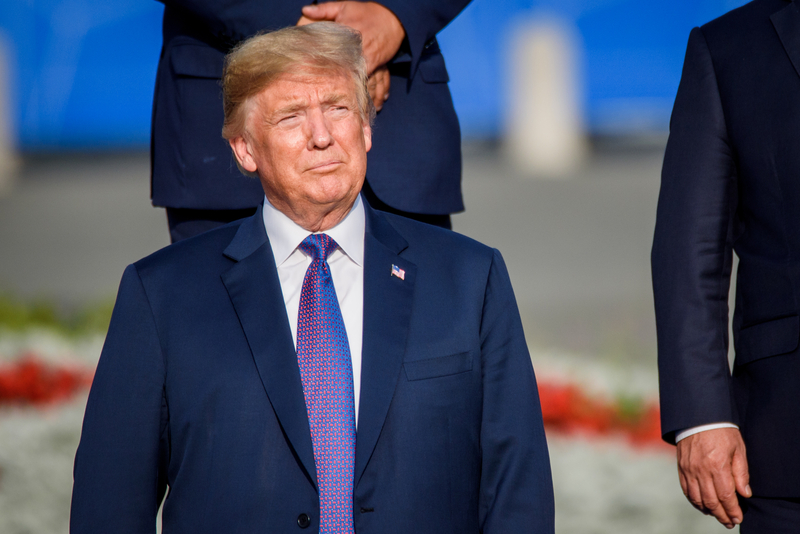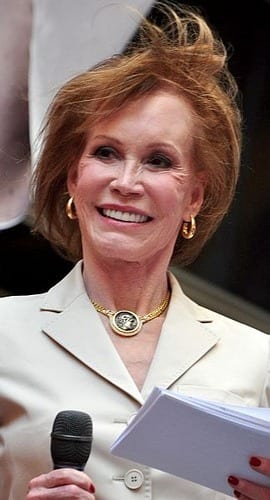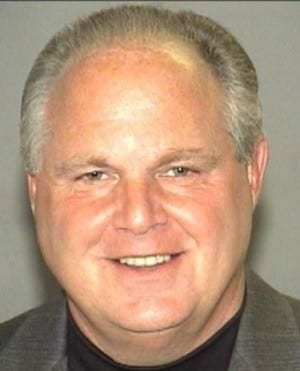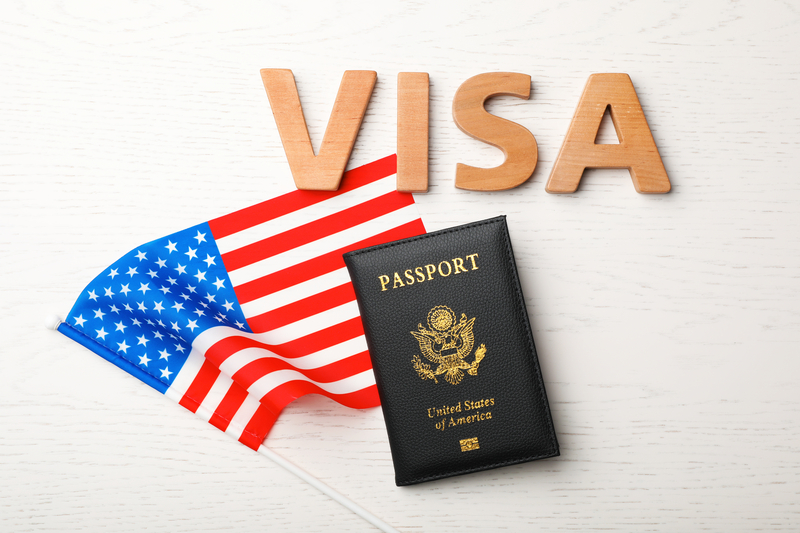
Donald Trump has signed a series of executive orders that could reshape America’s education system. These sweeping changes were announced recently and target college accreditation processes and diversity policies. The changes will affect access to over $100 billion in annual federal student loans and Pell Grants. Trump’s administration calls the accreditation order a “secret weapon” against what they believe as ideological bias in higher education.
The executive orders go beyond accreditation standards. They require stricter enforcement of federal disclosure rules about large financial gifts from foreign sources to colleges. The administration sees this as crucial to national security. The orders also want to make classrooms safer by basing school discipline policies on objective behavior instead of diversity, equity, and inclusion considerations. But more than 150 U.S. university presidents have pushed back, calling these actions “unprecedented government overreach and political interference” in higher education.
Trump Targets Accreditation
Trump’s administration launched a direct attack on what they call a “broken” accreditation system that controls higher education funding access. The White House claims these private accreditors, who decide which institutions qualify for federal education funding, have “failed to ensure quality” at American colleges and universities.
The numbers paint a troubling picture of higher education outcomes. Only 64% of undergraduate students graduated within six years in 2020. The returns on investment look even worse – nearly 25% of bachelor’s degrees and more than 40% of master’s degrees actually yield negative returns.
The administration’s scrutiny extends to specific accreditation bodies. Both the American Bar Association and the Liaison Committee on Medical Education will undergo targeted investigations. Will Scharf, the White House Staff Secretary, points to accreditors who prioritize “woke ideology” over merit and performance.
Linda McMahon, the Education Secretary, now has the power to suspend or terminate federal recognition of accreditors who violate federal civil rights law. The Department of Education must also make it easier for new accreditors to gain recognition and help institutions switch their accreditation providers.
McMahon blasts the current system saying it drives up costs, leads to higher tuition fees, gives unfair advantages to traditional four-year institutions, keeps new accreditors out, and steers universities toward ideological paths instead of core subjects.
The order has sparked heated debate. The Council of Higher Education Accreditation warns it could “affect the value and independence of accreditation.” The American Association of University Professors sees it as an attempt to take educational decisions away from educators and reshape higher education to fit “an authoritarian political agenda”.
Notwithstanding that, Trump calls accreditation reform his “secret weapon.” His campaign promises to refocus higher education on “high-quality academic programs at a reasonable price”.
Shift Away From DEI Policies
The Trump administration began a broad campaign to eliminate diversity, equity, and inclusion (DEI) programs from American schools. The White House wants to remove what it calls “discriminatory diversity, equity, and inclusion-based standards” that educational authorities allegedly imposed.
A new directive stands as the centerpiece of these actions. It promises fresh discipline guidance for K-12 schools that would ban “racially preferential discipline practices”. School discipline policies would need to focus only on student behavior rather than DEI considerations.
Tiffany Justice, who co-founded Moms for Liberty and serves as a Heritage Foundation visiting fellow, praised these changes. She stated that “Trump’s order enables local school boards by encouraging real discipline”. Civil rights advocates reacted with concern. Judith Browne Dianis of the Advancement Project called the executive orders “another move to dismantle civil rights protections”.
The administration used an innovative legal approach. They argued that the Supreme Court’s 2023 ban on affirmative action in college admissions should apply to K-12 education. The Department of Education asked all 50 state education agencies to certify in writing that their schools avoided certain DEI practices.
Title I funding became a vital bargaining chip – this resource helps schools in low-income areas pay for teachers, counselors, and academic programs. Schools received warnings that continuing DEI practices “in violation of federal law” might trigger Justice Department litigation and loss of federal grants.
The policy hit legal roadblocks when three federal judges, including two Trump appointees, blocked the administration from withholding funds from schools with diversity programs. They found the guidance unconstitutionally vague and potentially violated First Amendment rights.
State responses showed clear political divisions. Republican-led states quickly signed the certification while Democratic-led states stood firm in their refusal.
SEE ALSO: Breaking Down the Wave of Student Visa Cancelations














.jpg)
